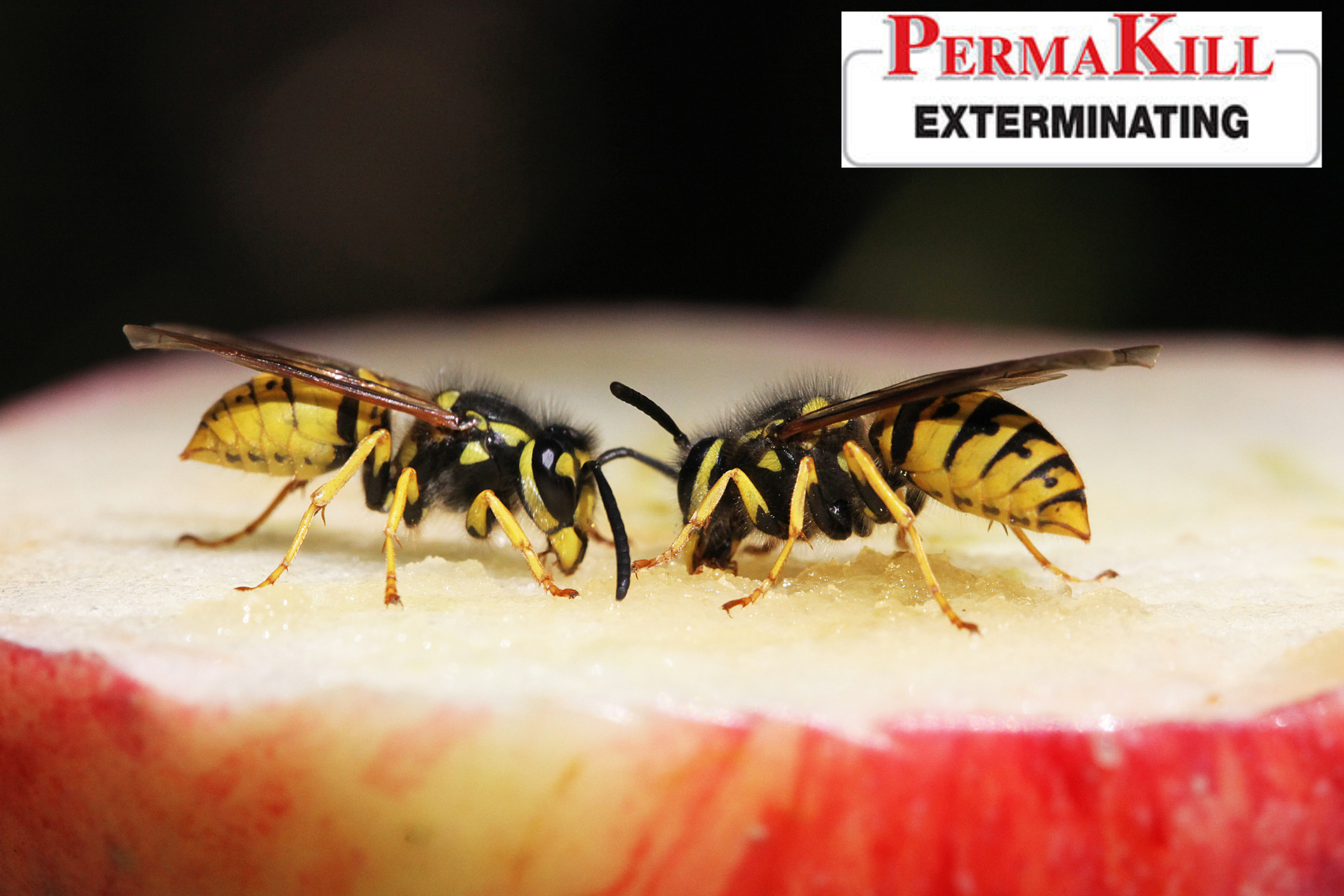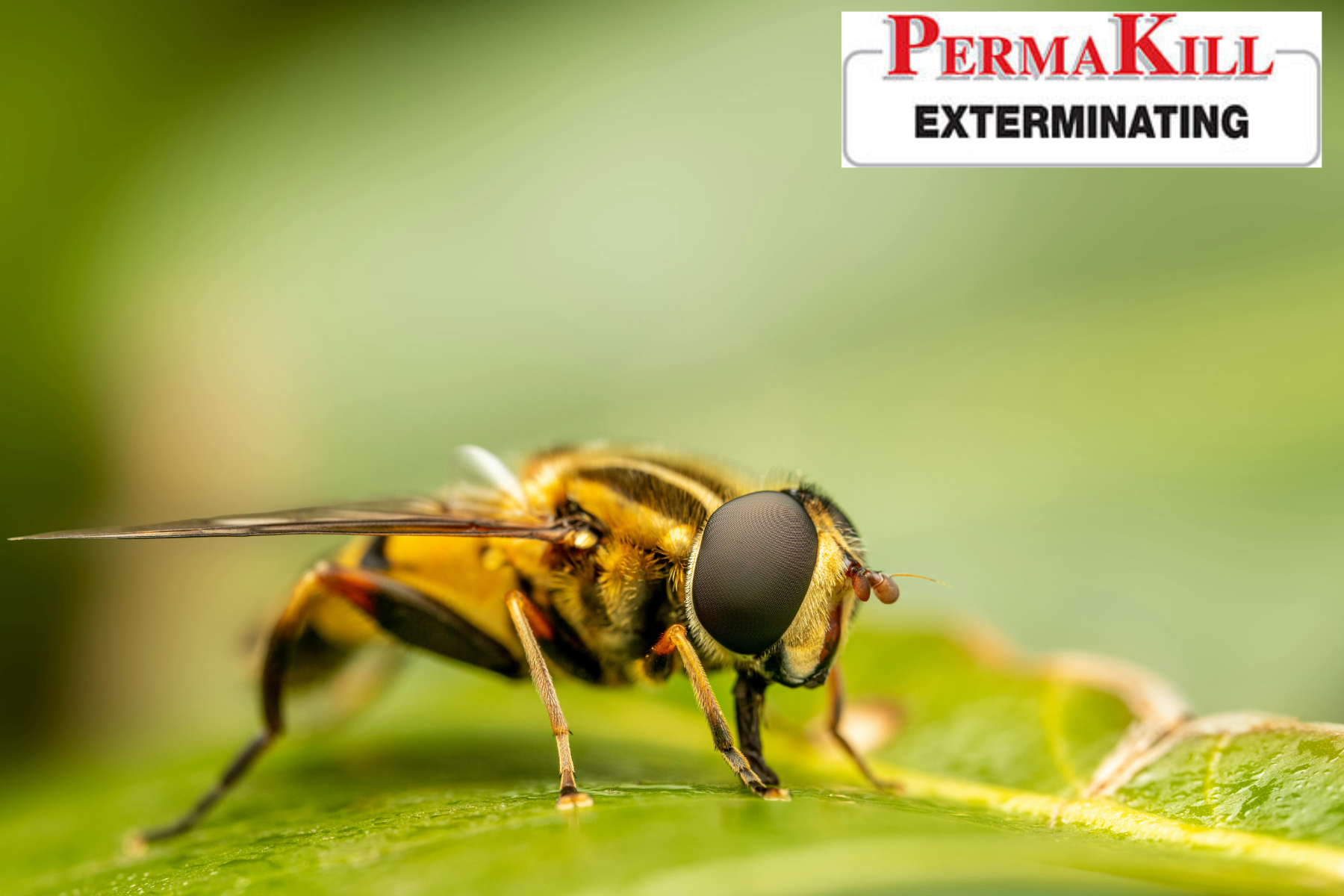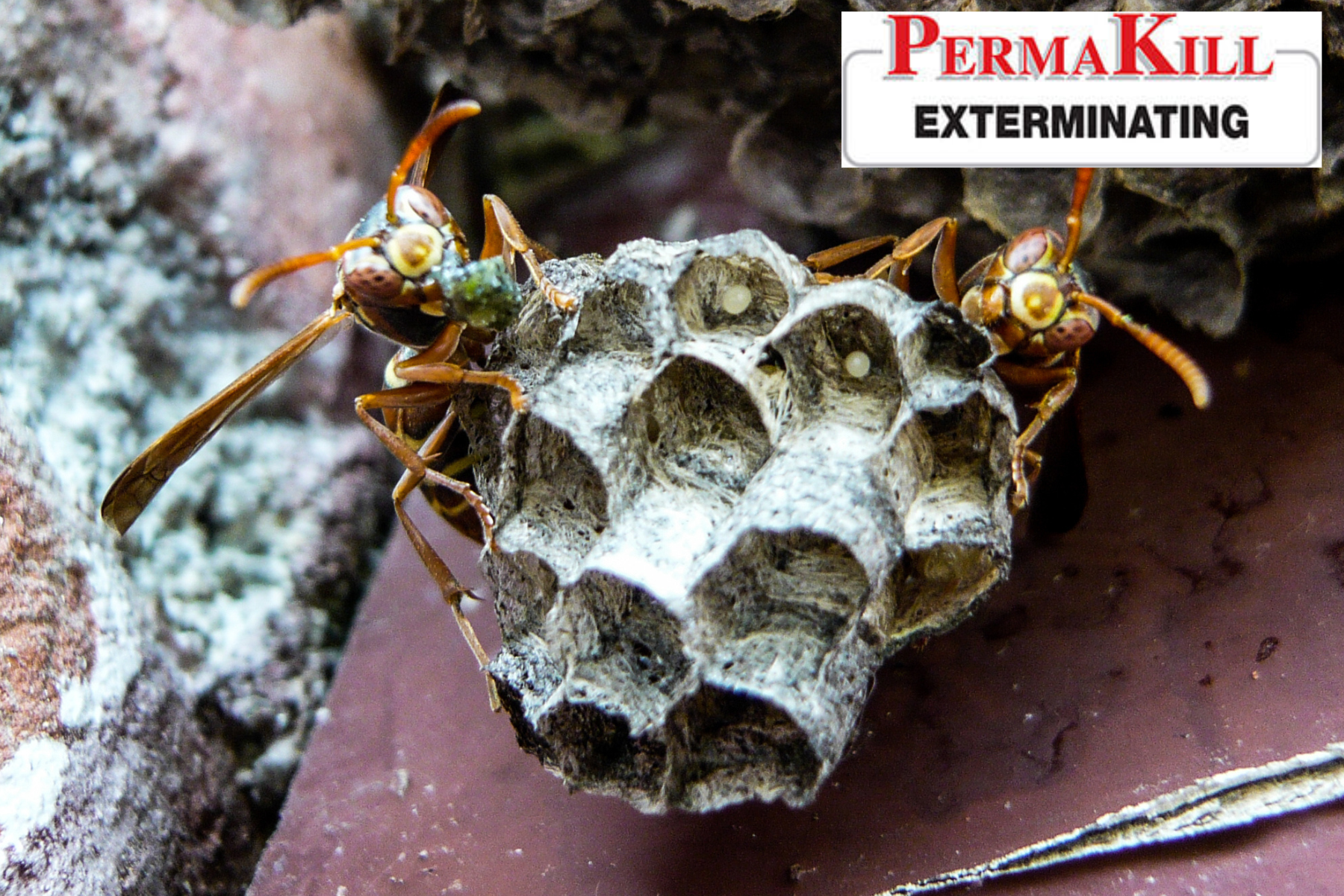- Flanders, NJ
- Login
- Reviews
- FAQ
- Newsletter
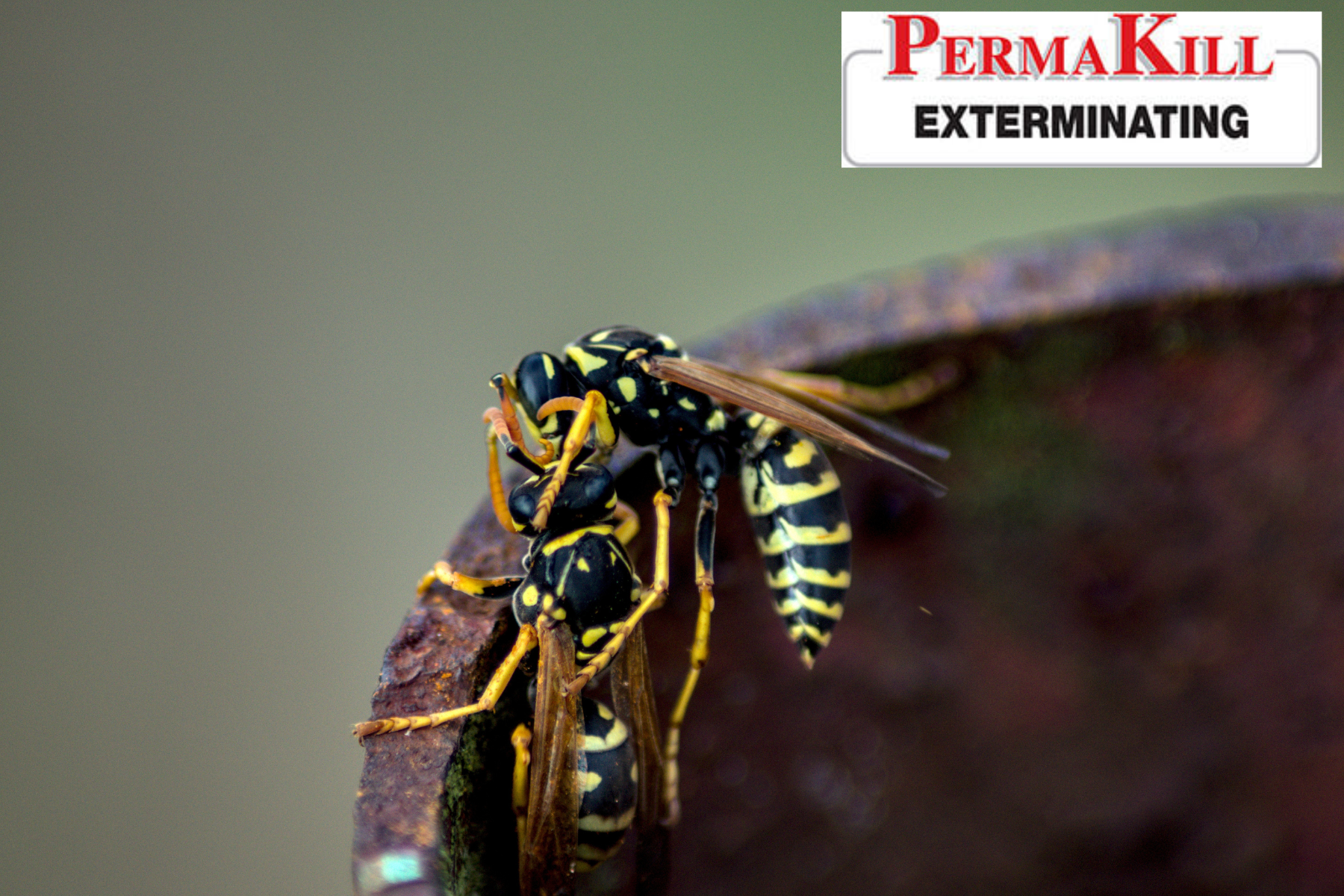
How to Kill Wasps Safely and Effectively
Wasps can be a real nuisance when they invade your outdoor space or even your home. With their painful stings and aggressive behavior, dealing with them quickly and safely is essential. If you’re wondering how to kill a wasp in your house, fortunately, there are effective ways to manage and kill wasps, and many of them don’t require harsh chemicals. In this blog post, we’ll explore safe and effective methods to kill wasps, as well as tips on how to keep them from coming back.
Understanding Wasps: Why They Are a Problem
Before diving into how to kill wasps, it’s helpful to understand why they can be a problem. Wasps are not only aggressive, but they can also pose significant health risks. Their stings can cause painful reactions, and some individuals may even experience allergic reactions that require medical attention.
Unlike bees, which typically die after they sting, wasps can sting multiple times, making them even more dangerous. Wasps also build nests in places that are often difficult to reach, such as under eaves, in tree branches, or inside attics. If left unchecked, a single wasp nest can quickly grow to house hundreds of wasps.
Signs of a Wasp Infestation
Before taking action, it’s important to determine whether you have a wasp infestation. Here are some common signs:
- Sightings of wasps flying around: If you see wasps regularly flying around your property, especially near the same area, it could be a sign of a nest.
- Visible nests: Wasps build their nests from a papery substance they create by chewing wood fibers. Nests are often located in sheltered areas, such as attics, eaves, or the branches of trees.
- Wasps entering and exiting a specific spot: If you notice wasps repeatedly entering and exiting a particular location, it’s likely they are coming from a nest.
If you suspect an infestation, it’s time to take action.
Safe and Effective Ways to Kill Wasps
1. Use a Wasp Spray
Wasp spray is one of the most common and effective methods for dealing with wasps. These sprays are designed for use from a distance, allowing you to target the nest without getting too close. Many wasp sprays contain pyrethroids, a synthetic compound derived from chrysanthemum flowers. This is effective at killing wasps on contact.
However, when using wasp spray, it’s important to follow all safety instructions carefully. Make sure to wear protective clothing, such as long sleeves, pants, gloves, and a mask, to avoid being stung. For maximum effectiveness, use the spray during the evening or early morning when the wasps are less active and in their nest.
Tip: When looking for a solution, search for wasp control near me to find local professionals who can provide targeted treatments for your home or business.
2. DIY Wasp Traps
If you prefer a more natural approach, you can create your own DIY wasp traps. These traps can be made using simple household materials, such as plastic bottles. Here’s how to make an effective DIY wasp trap:
- Cut the top off a plastic bottle and invert it into the bottom part, creating a funnel shape.
- Fill the bottom of the bottle with a mixture of sugar water, soda, or fruit juice. Wasps are attracted to sweet scents.
- Place the trap near the nest, but not too close to it. The wasps will enter the bottle and become trapped, unable to escape.
These traps can be highly effective, but they may take some time to catch a significant number of wasps. This method is best for preventing further infestations rather than dealing with an active nest.
3. Natural Wasp Deterrents
For a non-toxic solution, several natural deterrents can help repel wasps and discourage them from building nests on your property. Some of these include:
- Cucumber: Wasps dislike the scent of cucumber. Placing cucumber slices or peels around the area can deter them from coming close.
- Essential oils: Strong essential oils, such as peppermint, eucalyptus, and citronella, can also repel wasps. Mix a few drops of these oils with water in a spray bottle and apply it to areas where wasps are active.
- Vinegar: Vinegar is a natural insect repellent. You can create a homemade spray solution by mixing equal parts vinegar and water, then spraying it on wasp nests and around the perimeter of your home.
These natural methods are often less effective than chemical treatments, but they can be a good option for prevention or for those who prefer non-toxic methods.
4. Destroy the Nest
Once you’ve killed the wasps, the next step is to remove their nest. It’s essential to destroy the nest to prevent other wasps from moving in. You can do this by carefully scraping the nest off its surface and disposing of it in a sealed bag.
Be sure to wear protective clothing while removing the nest, as there may still be wasps in the area. It’s also advisable to check the area regularly to ensure no new wasp nests have been built.
5. Hire a Professional Exterminator
While DIY methods can be effective, there are cases where the infestation is too large or the nest is in a hard-to-reach location. In these situations, hiring a professional exterminator is often the safest and most effective option.
A professional pest control expert has the tools, experience, and knowledge to safely remove wasp nests and eliminate the threat. If you’re in need of pest control, or if you’re wondering about exterminator Bridgewater NJ services, it’s worth consulting with a professional for fast and efficient wasp control.
Preventing Future Wasp Infestations
Once you’ve dealt with the immediate threat of wasps, it’s important to take steps to prevent future infestations. Here are a few tips:
- Seal cracks and gaps: Check for gaps around windows, doors, and vents where wasps might enter. Seal any cracks or openings to prevent them from finding a way inside.
- Keep food sources sealed: Wasps are attracted to food, especially sugary substances. Store food in sealed containers, and make sure to clean up any spills promptly.
- Remove old nests: If you find old, abandoned nests on your property, remove them. Wasps can sometimes return to previously used nests, and their scent may attract new wasps.
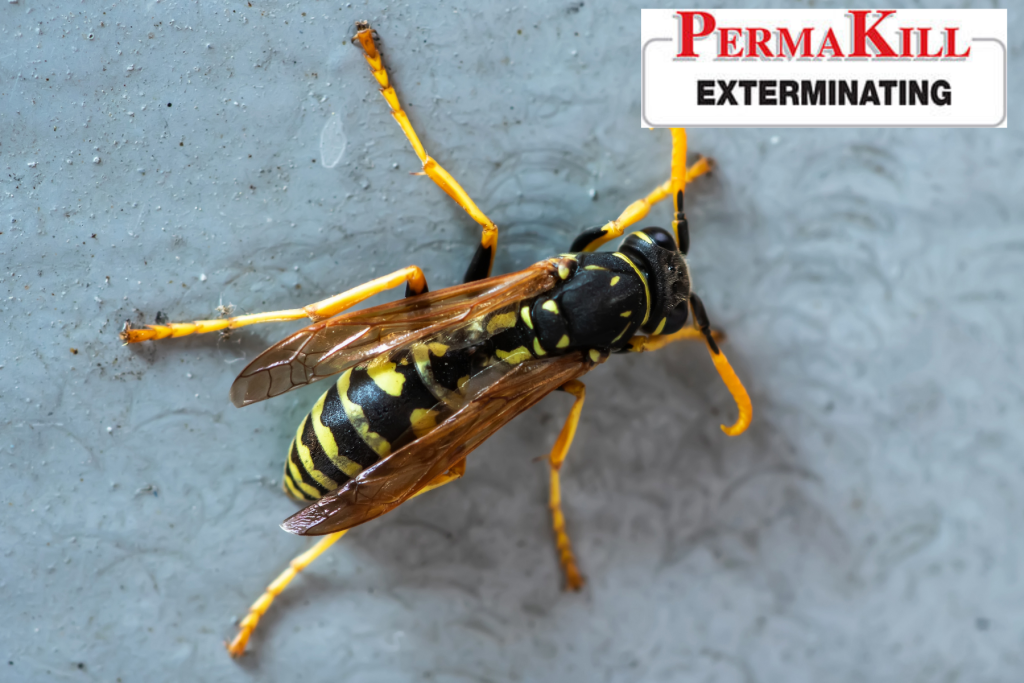
Conclusion
Wasps can pose a significant threat to your home, but with the right knowledge and tools, you can safely and effectively deal with them. Whether you choose to use wasp spray, DIY traps, or hire a professional exterminator, the key is to act quickly and carefully. Taking steps to prevent future infestations will also help keep your home safe from these aggressive insects.
About PermaKill Exterminating
At PermaKill Exterminating, we specialize in providing top-notch pest control Bridgewater NJ, including wasp removal. We understand the importance of protecting your home from pests, and our team is committed to offering eco-friendly and effective solutions for all your pest control needs.

